Share This Class:
Intermediate Scrum
OBJECTIVEs:
- The objective of this course is to deepen participants' understanding of Scrum by exploring advanced concepts, scaling techniques, metrics, and risk management.
- Participants will learn how to manage complex Scrum environments, drive Agile transformations, and implement best practices for continuous improvement and innovation.
- Participants will enhance their ability to manage and scale Scrum in complex environments, improve their skills in metrics and reporting, and drive Agile transformations within their organizations.
- They will also gain insights from real-world case studies and learn best practices for advanced Scrum implementation.
Course features:
- Practical hands on
- Lab sessions
- Training by experienced faculty
PRE-REQUISITES:
- Participants should have a foundational understanding of Scrum and experience working with Scrum teams.
- A basic Scrum certification (e.g., Scrum Master or Product Owner) or equivalent experience is recommended.
Learning Path
- Scrum Mastery
o Advanced facilitation techniques
o Coaching and mentoring Scrum teams
o Handling complex team dynamics and conflict resolution - Product Ownership
o Advanced backlog management techniques
o Effective stakeholder engagement and communication
o Value-based prioritization and managing expectations
- Scaling Frameworks
o Overview of scaling frameworks (e.g., SAFe, LeSS, Scrum@Scale)
o Comparing and choosing the right framework for your organization - Managing Multiple Teams
o Coordination between multiple Scrum teams
o Managing dependencies and integrations - Scaling Practices
o Implementing consistent practices across teams
o Aligning team objectives with organizational goals
- Scrum Metrics
o Key performance indicators (KPIs) for Scrum
o Using velocity, burn-down charts, and other metrics to track progress - Reporting Techniques
o Effective reporting to stakeholders
o Analyzing and interpreting metrics to drive improvements
- Product Backlog Refinement
o Techniques for effective backlog grooming
o Ensuring backlog items are actionable and well-defined - Sprint Planning and Execution
o Advanced planning techniques for complex projects
o Managing sprint scope and adapting plans - Definition of Done (DoD)
o Enhancing and tailoring the Definition of Done for different contexts
o Ensuring consistent quality and completeness
- Identifying Risks
o Techniques for risk identification and assessment in Scrum - Managing Risks
o Developing and implementing risk mitigation strategies
o Handling unforeseen challenges and adapting plans
- Leading Agile Transformation
o Strategies for driving Agile transformation in organizations
o Overcoming resistance to change - Change Management Techniques
o Implementing and managing change in Agile environments
o Engaging stakeholders and building support
- Promoting Continuous Improvement
o Techniques for fostering a culture of continuous improvement
o Implementing feedback loops and iterative enhancements - Encouraging Innovation
o Strategies for driving innovation within Scrum teams
o Leveraging retrospectives and other practices for innovation
- Real-World Case Studies
o Analyzing complex Scrum implementations and their outcomes
o Lessons learned and best practices from successful and challenging projects - Best Practices
o Advanced practices for effective Scrum execution
o Tips for maintaining high performance and achieving project goals
-
Facebook
-
Instagram
-
LinkedIn
Copyright 2024. UWIN Pro Inc.



